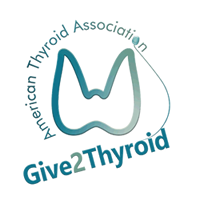SUMMARY OF THE STUDY
The follow-up (measurement of thyroglobulin levels and documentation of cancer recurrence) of 208 patients at a single hospital in Korea were examined. Most patients had a microcarcinoma (<1cm). A total of 15 patients with cancer recurrence were added to look for predictive factors. Only patients that did not need thyroid hormone supplementation, had normal TSH levels, and no thyroglobulin antibodies, were included. They looked at the thyroglobulin:TSH ratio (since TSH changes can affect the value of thyroglobulin), and assessed if there was a >20% increase in thyroglobulin level in 2 consecutive thyroglobulin levels and in whom there was a biopsy proven cancer recurrence.
Only 4 patients (2%) had a structural recurrence over an average follow-up of 7 years, with no deaths. Of the 19 total patients with cancer recurrence, 13 recurred with cancer in the remaining thyroid lobe and 6 in the lymph nodes. In general, the serum thyroglobulin as well as the thyroglobulin:TSH ratio increased by about 10% per year for all patients. However, both patients with and without recurrence had increases, and decreases in their thyroglobulin levels – there was no pattern or association and changes in thyroglobulin were therefore not predictive of recurrence.
WHAT ARE THE IMPLICATIONS OF THIS STUDY?
Following serum thyroglobulin after thyroid lobectomy may not be accurate in predicting recurrence. This may mean that patients either should only have ultrasound surveillance, or, due to the low rate of recurrence and nonexistent deaths, maybe no surveillance at all is needed, especially for microcarcinomas.
— Melanie Goldfarb, MD, MSc, FACS, FACE




